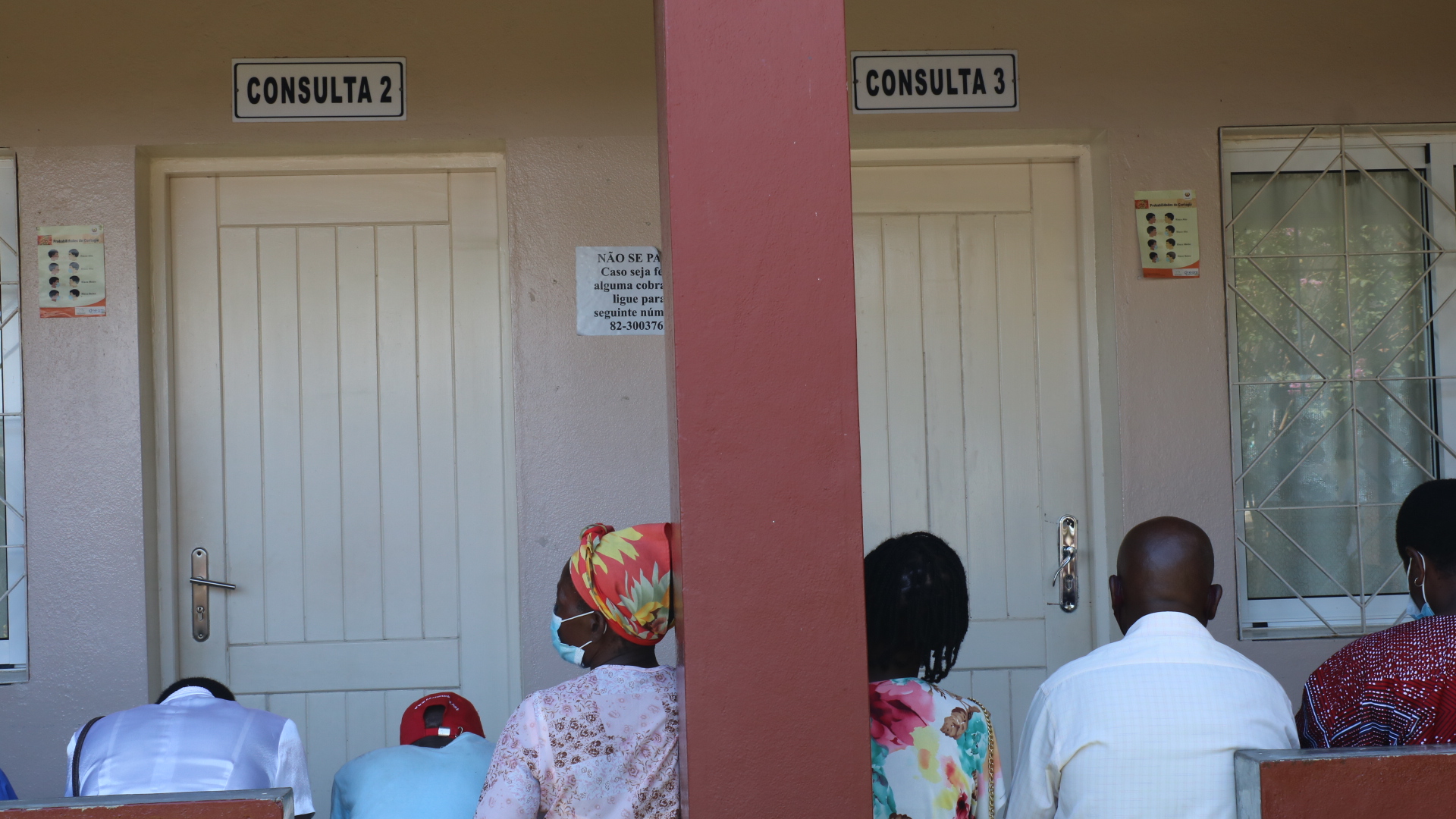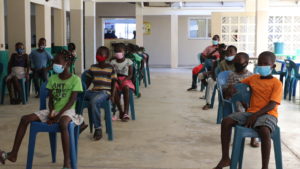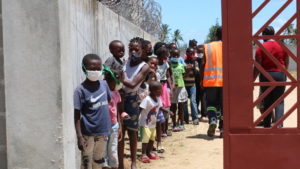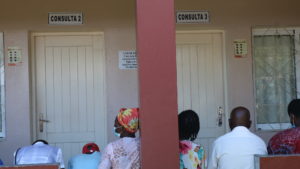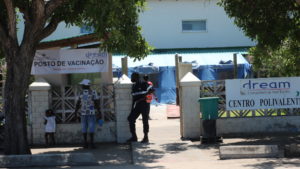The importance of prevention and treatment for Sonia and Laura, patients at the DREAM center in Beira, Mozambique
Sonia and Laura (fictitious name) are two women in their 20s and 25s who are patients at the DREAM center in Beira, Mozambique who tell us about their health journey made with the Community of Sant’Egidio’s DREAM Program.
Sonia has HIV, and to fight this disease, medication is not enough, treatment is essential, and awareness raising is essential to break down taboos, prevent and treat the disease.
Moreover, according to WHO, two-thirds of the world’s HIV-positive people (25.7 million) live in Africa. Eighty percent of them, between 15 and 19 years old, are women.
Hi Sonia, how long have you been attending the DREAM center in Beira?
I started attending the center in 2014 when, pregnant with my first daughter, I found out I had HIV; I have been well cared for ever since. The DREAM health staff immediately enrolled me in the prevention of vertical transmission program (PMTCT).
I am now pregnant with my second child and am also carrying out my second pregnancy here. Thanks to the treatment, care and friendly relationship I have developed with the DREAM Program staff I am able to keep my health status under control.
How is this second pregnancy going?
The pregnancy is progressing well but, I will have to continue taking pills regularly and keep everything under control.
What do you feel like advising pregnant and HIV-positive women?
To people who are expecting a baby, I usually talk about coming here to the center to monitor their health status and open a personal medical record. Because, as they advise at the DREAM center, you always have to monitor your health status, and if you suspect that something is not going well then you have to start doing the treatment so that the baby is also born healthy and has no problems.
Also, when you get pregnant and have problems you don’t know if the baby will also be born healthy, so you have to do it soon and have checkups.
I want to thank DREAM because, in this particularly difficult area of Mozambique, it has helped us a lot, people who were sick before were not treated, now they are well and take pills regularly. They can do all this free of charge.
Laura, on the other hand, is a patient from the center who came to the appointment for cervical cancer prevention screening.
Through this service offered by the DREAM Program, many women are helped to prevent and, in the case, properly treat one of the most common cancers in Mozambique.
In the country, cervical cancer is among the most frequent cancers and accounts for more than 1/4 of all cancers diagnosed in women. It is the cancer with the highest mortality rate also due to the worrying spread of HIV in the country. It is a problem that affects all women of childbearing age, without distinction between rural and urban areas.
Hi Laura, what do you think of the free cervical cancer screening service at the DREAM center in Beira?
Good morning, this service is great, it is helping many women, also, for me this is the second screening I am undergoing. Fortunately, the first time it was negative and I felt very happy. I hope today is also good.
Do you feel like recommending this service?
Yes, I would like to take the opportunity to advise women to take this test, it is good not to wait too long because, unfortunately then it might be too late, come soon!
Thank you Sonia and to Laura for these brief but meaningful testimonies.
We would also like to thank the staff and the project “DREAM: protection for the vulnerable population of Beira”-supported with Otto per Mille funds from the Italian Buddhist Institute Soka Gakkai, because thanks to their support, the DREAM Program is able to respond free of charge to the need of the most fragile population of the city of Beira, which, due to various climatic events, has seen even more reduced access to health services, especially among pregnant women, orphans and people with HIV.
The national health service, already inadequate due to a structural lack of technology and expertise, was further damaged in 2019 by Cyclone IDAI, and after aid in the first few months and great international solidarity, reconstruction is slow.
In addition to this already complex situation, the African reality in the face of the COVID-19 pandemic is having additional difficulties in meeting the country’s health needs.
